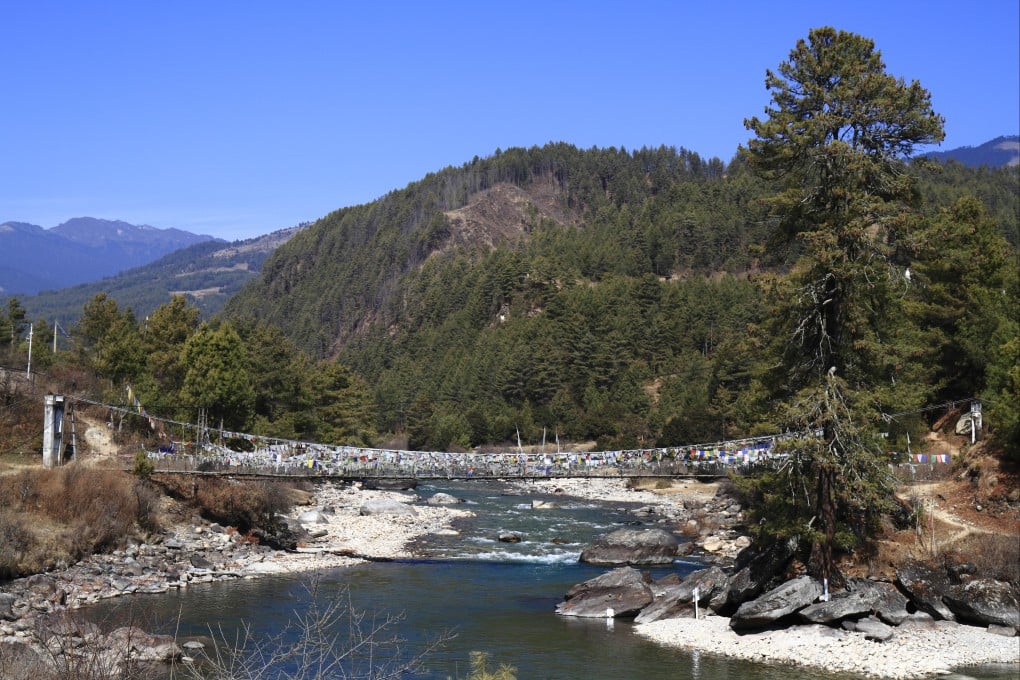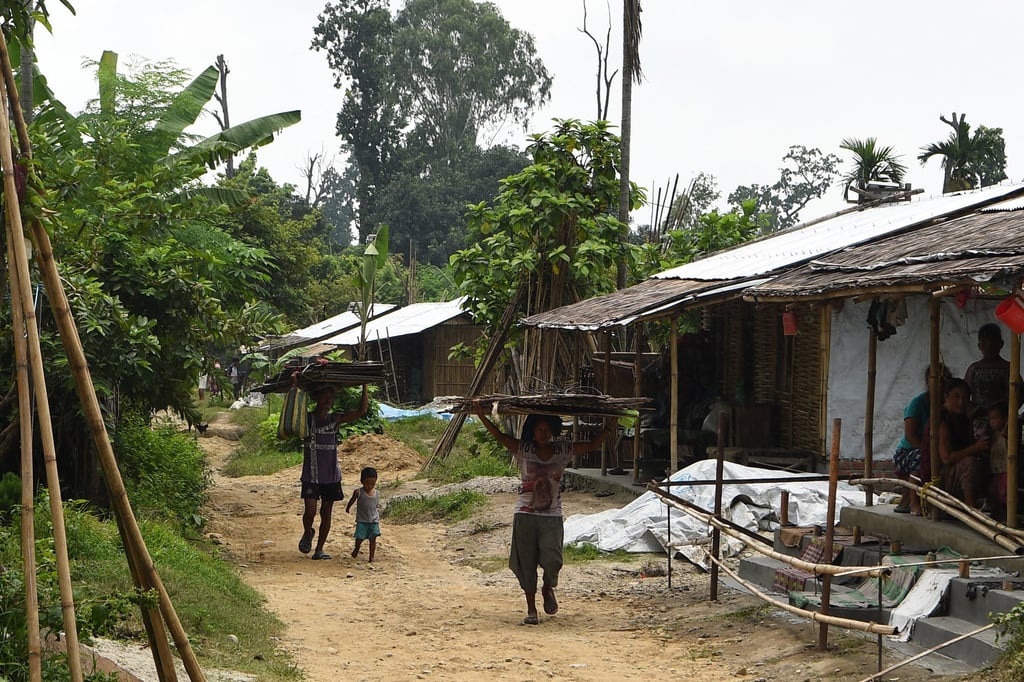Displaced ethnic Nepalis fume over Bhutan’s ‘mindfulness city’ plan
Bhutan’s plan for southern farmlands has sparked outrage among forced-out ethnic Nepalis, who say the megaproject would be on stolen land

Envisioned by King Jigme Khesar Namgyal Wangchuck, the 2,500 sq km (965 square mile) Gelephu Mindfulness City is meant to serve as an economic corridor, promote sustainable living and become home to some 150,000 people in the next decade.
“We still have our land there and possess legal documents,” said Tamang, who is among the 6,300 or so Bhutanese refugees still living in Nepal who hope to be repatriated to their ancestral home.
“We didn’t resettle in a third country because we are bona fide citizens of Bhutan. The Bhutanese government should have resolved the issue of its people first before developing the mindfulness city.”

The eviction of the Lhotshampas – meaning “southern borderlanders” – began in 1989 and continued into the early 1990s after Bhutan’s enactment of citizenship laws that discriminated against ethnic Nepalis. The government’s “one nation, one people” policy forced more than 100,000 of them into neighbouring Nepal, with the majority resettled in third countries between 2007 and 2016.